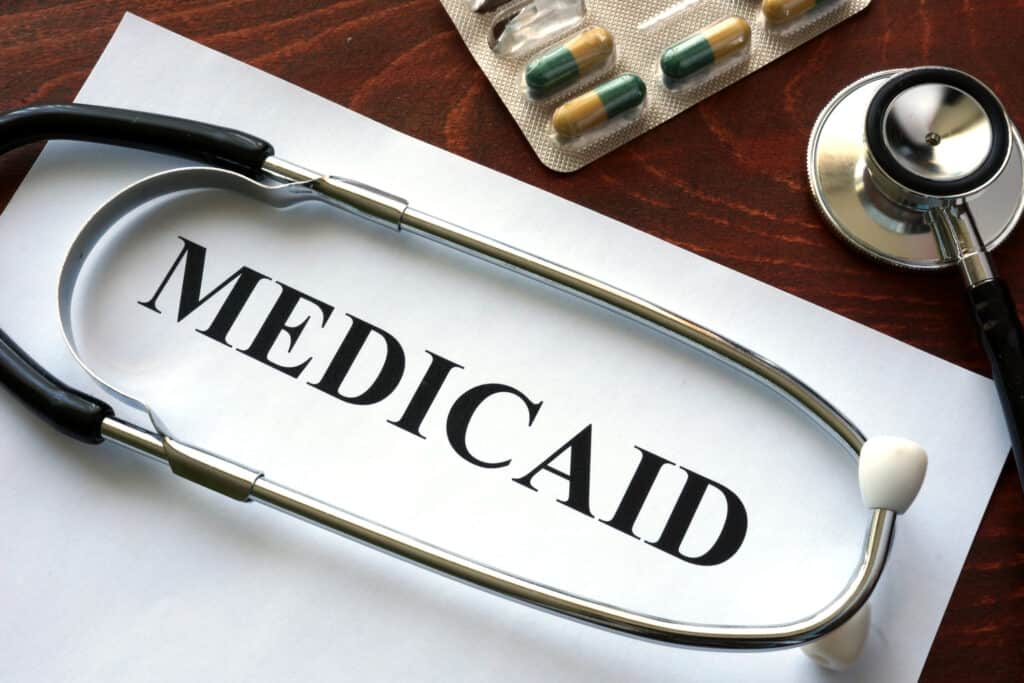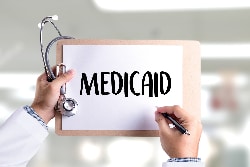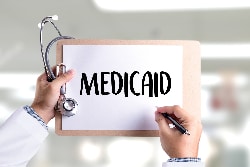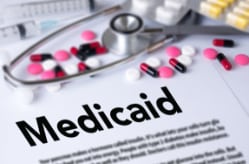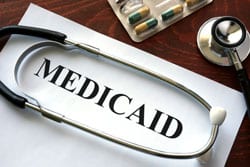Upcoming Changes to NY Medicaid 2022-23
Medicaid is operated on both federal and state levels, which provides a range of benefits in medical and health. Medicaid primarily is for individuals who suffer from chronic illness, are in cognitive or physical decline, injured/disabled, and require consistent medical treatment. Laws surrounding who qualifies for Medicaid change constantly, meaning it’s necessary to stay informed on the latest changes to be aware of your eligibility status. Below are some new and upcoming changes to Medicaid.

Upcoming Changes to Medicaid in 2022:
Independent Assessor for Home Care - In Effect May 1, 2022
As of May 1 2022, Medicaid applicants over the age of 18 applying for Personal Care or Consumer Directed Personal Assistance Program (CDPAP) services will need to go through nurse assessments conducted by New York Independent Assessor (NYIA). The NYIA will conduct nursing assessments for “Immediate Need” applicants and others who apply to the local Department of Social Services, which is the Human Resource Administration (HRA) in NYC for personal care or CDPAP.
The NYIA will be conducting a clinical assessment in addition to a standard nurse assessment by either a doctor, physician’s assistant, or nurse practitioner. With these tests, the NYIA will determine if an applicant is eligible for personal care or CDPAP. If the applicant is deemed ineligible, they have Fair Hearing rights, meaning they can appeal their decision.
If the NYIA deems the applicant eligible, they are referred back to their local Medicaid office. The previous assessments will then be used to determine how many hours of personal care or CDPAP should be authorized. If you are approved for over 12 hours of personal care a day, the Medicaid Office or plan must refer the case back to the Independent Assessor for a third assessment, which is an Independent Medical Review (IMR). An IMR is used to determine whether the proposed plan of care is safe and can maintain the health of the applicant when they are home.
Increases in Medicaid Eligibility of Applicants 65+ and Blind/Disabled Individuals - In Effect January 1, 2023
New York Governor Hochul and State Legislature passed four increases in Medicaid eligibility for New Yorkers who are 65+ blind, or disabled in the NYS budget. Below are the four changes that will go into effect:
- Medicaid Asset Limit has increased by nearly 50%
- Medicaid Income Limit has increased to the same amount used for Modified Adjusted Gross Income (MAGI) Medicaid for younger people (138% Federal Poverty Line or “FPL”)
- Medicare Savings Program: Qualified Medicare Beneficiary limit increased from 100% to 138% FPL. Individuals with higher incomes not exceeding 186% FPL will be eligible for QI-1.
- Undocumented Immigrants Age 65+ will not be eligible for full Medicaid benefits as opposed to only “emergency” Medicaid
New Medicaid Limits in 2023 for 65+, Blind, & Disabled
| Benefit | Federal Poverty Line % | SINGLES | COUPLES | |||
| 2022 | 2023 | 2022 | 2023 | 2022 | 2023 | |
| Income Limit Per Month | ||||||
| Medicaid | 82% | 138% | $934 | $1,563 | $1,367 | $2,106 |
| QMB | 100% | 138% | $1,133 | $1,563 | $1,526 | $2,106 |
| QI-1 | 135% | 186% | $1,529 | $2,107 | $2,060 | $2,838 |
| Medicaid Asset Limit | $16,800 | $28,134 | $24,600 | $37,908 | ||
Public Health Emergency - Extended Through July 2022
The Biden administration extended the COVID-19 Public Health Emergency on April 13, 2022 for 90 days. This means that the government is prohibited from discontinuing or cutting funding for Medicaid through July 2022.
This means restrictions on eligibility cannot be implemented before October 1, 2022, which would include the 30-month “lookback” that would disqualify applicants from obtaining home care benefits, or require applicants from needing physical assistance with 3 activities of daily living or two if diagnosed with dementia in order to qualify for CDPAP.
For more information on NY Medicaid changes from 2022 to 2023, contact the Law Office of Inna Fershteyn at 718-333-2395.
